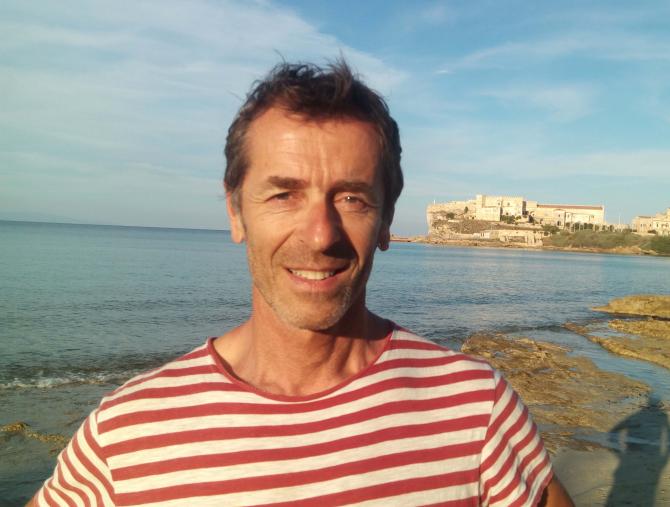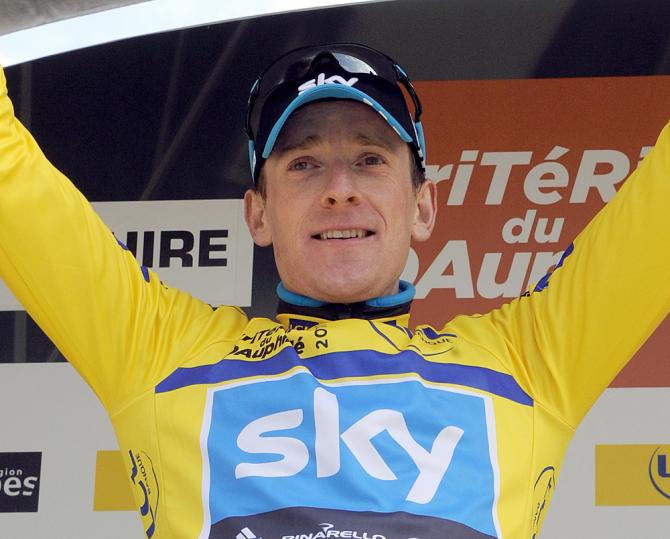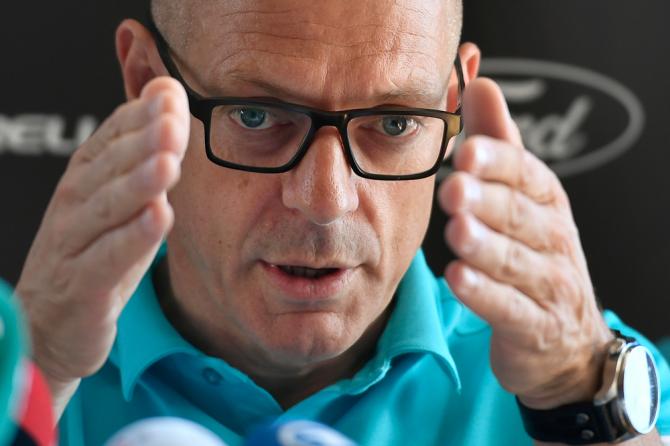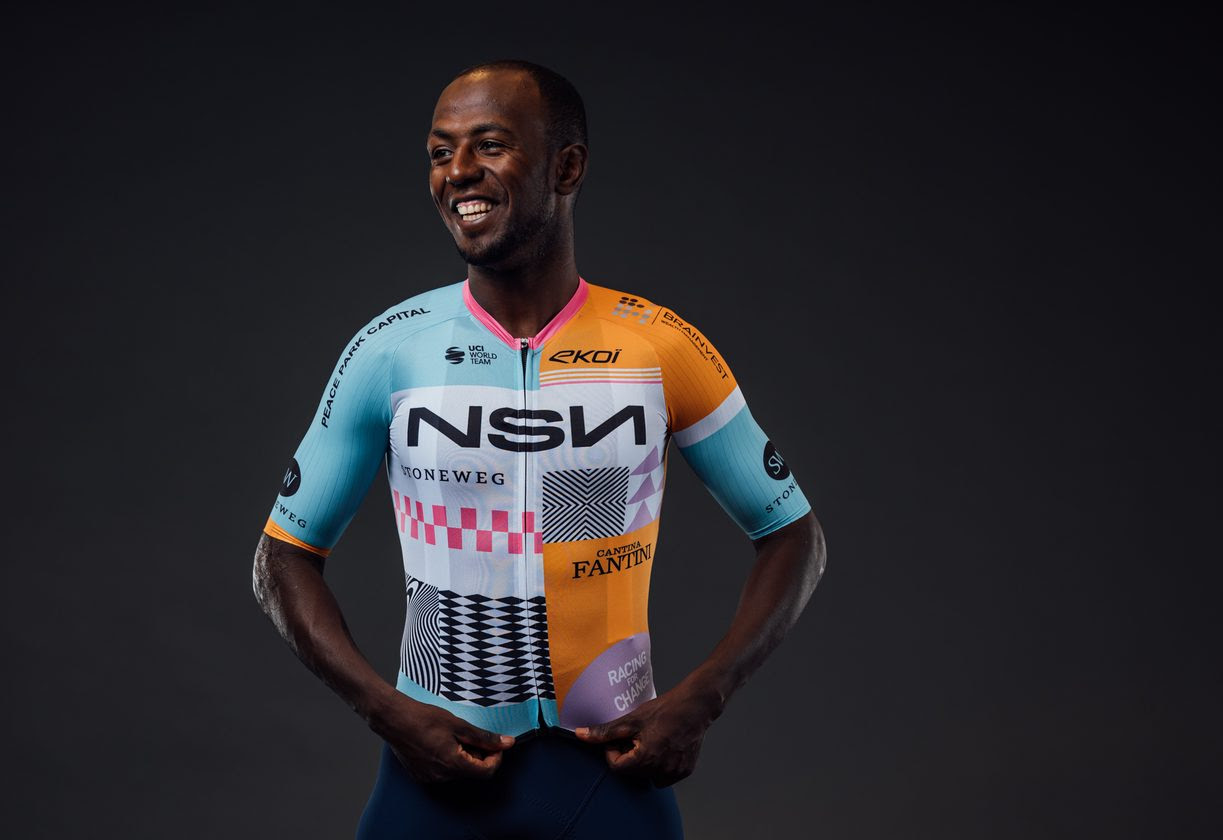Former Team Sky doctor lifts the lid on team's medical practices and grey areas
Bartalucci on intravenous recovery, Froome, and Brailsford's mistakes
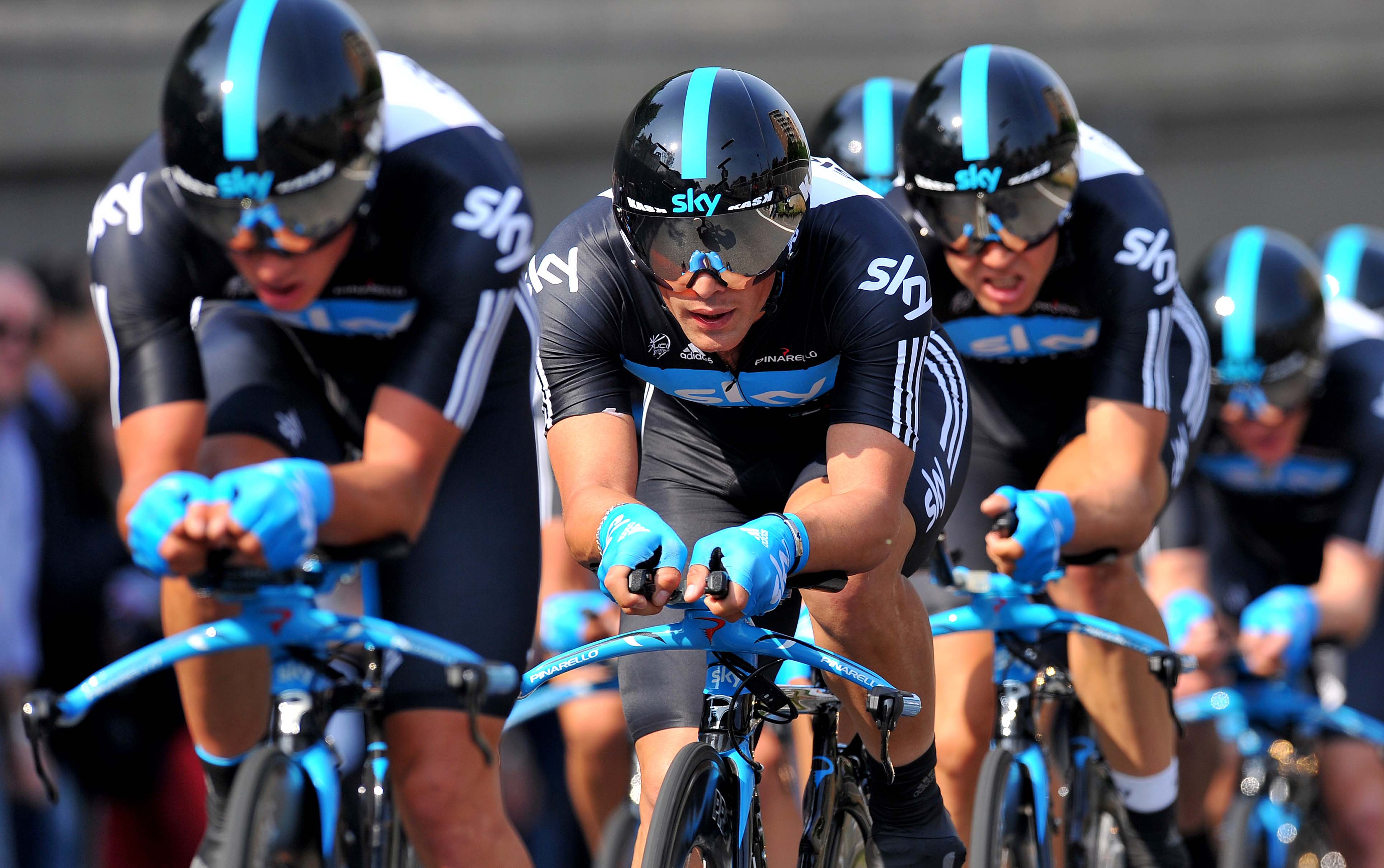
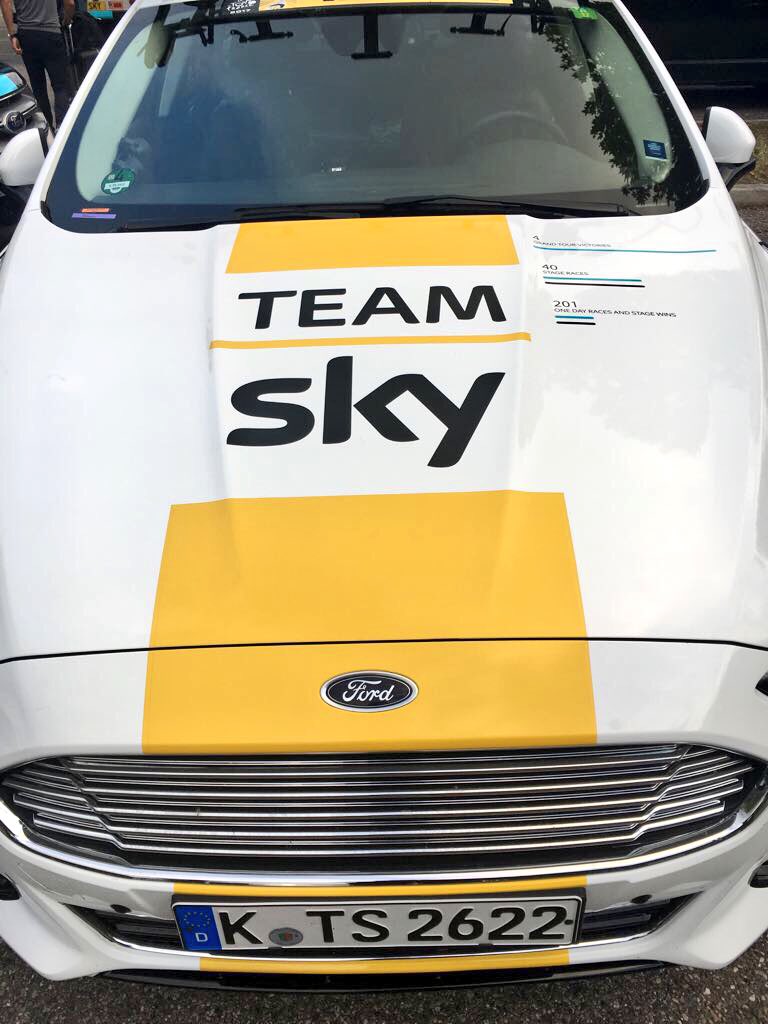
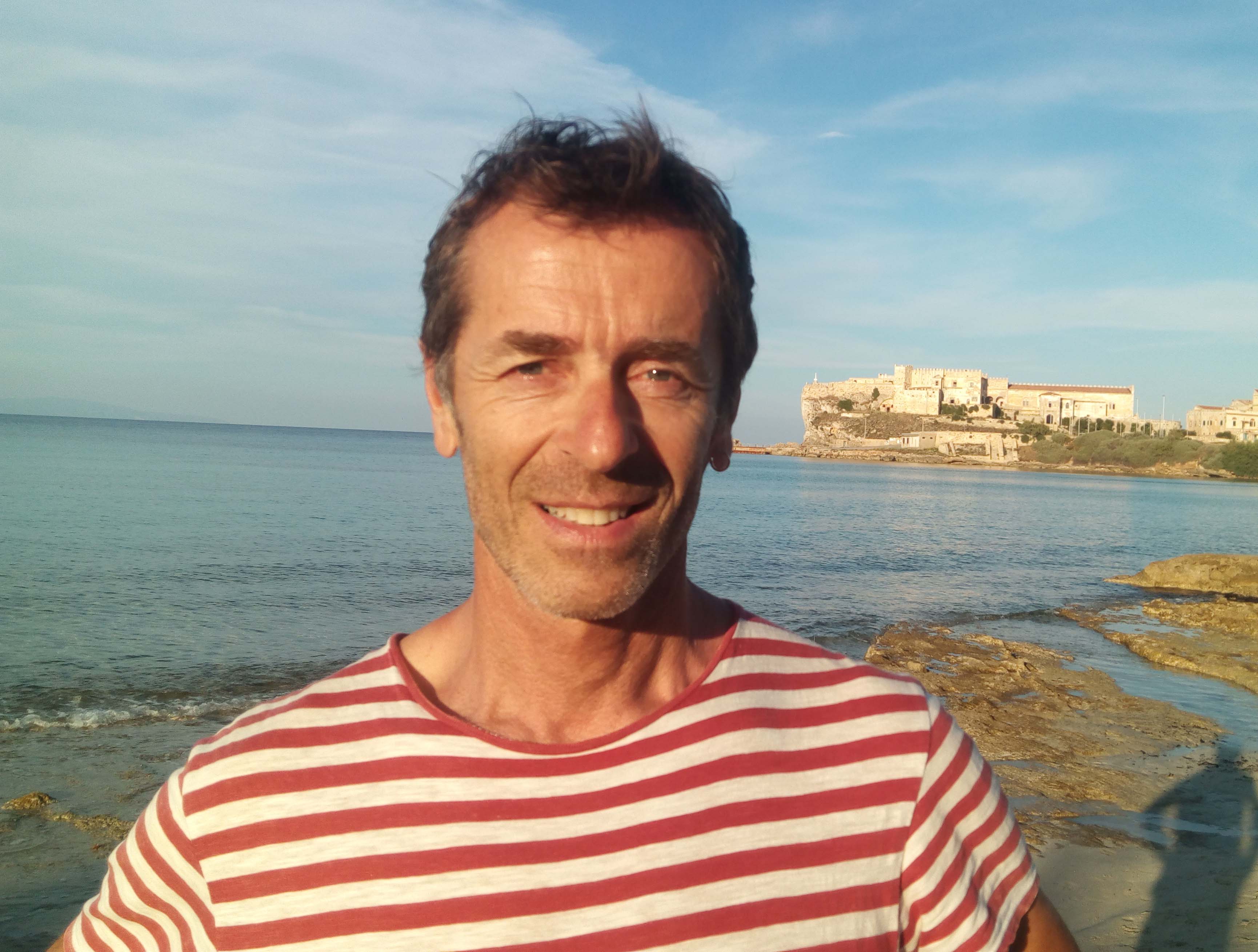
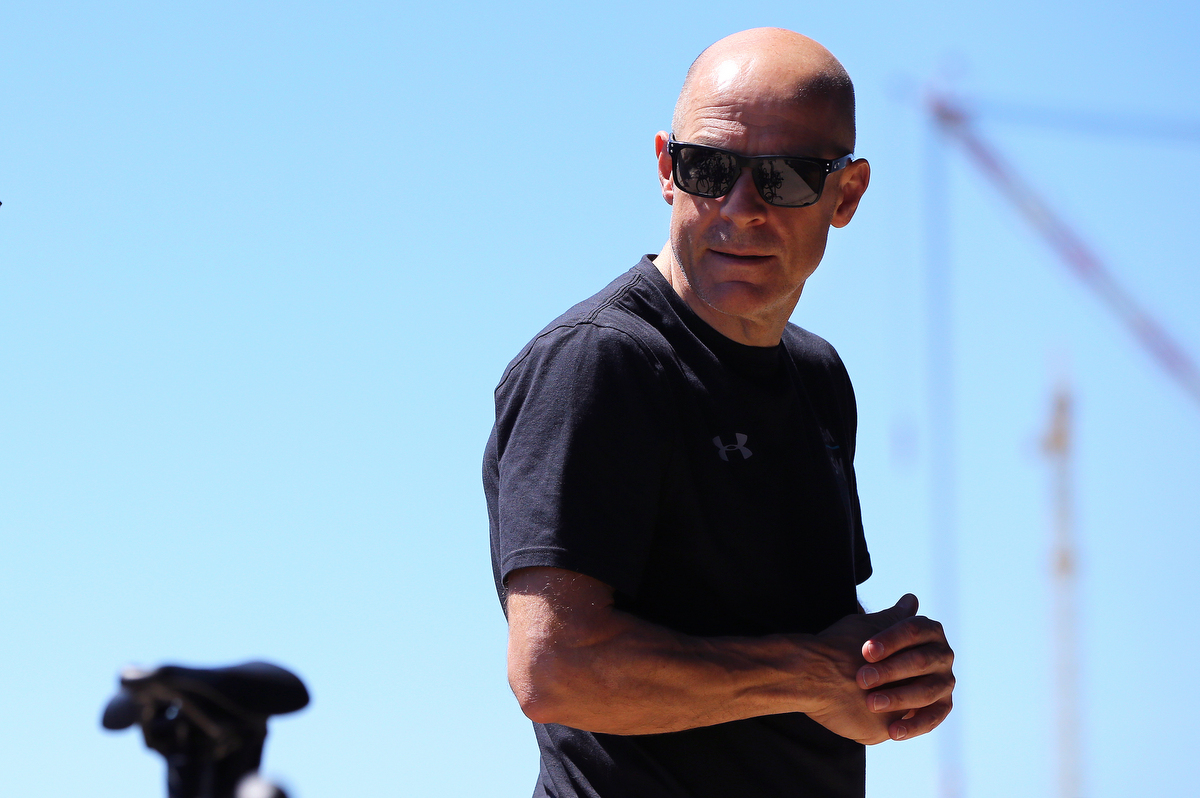
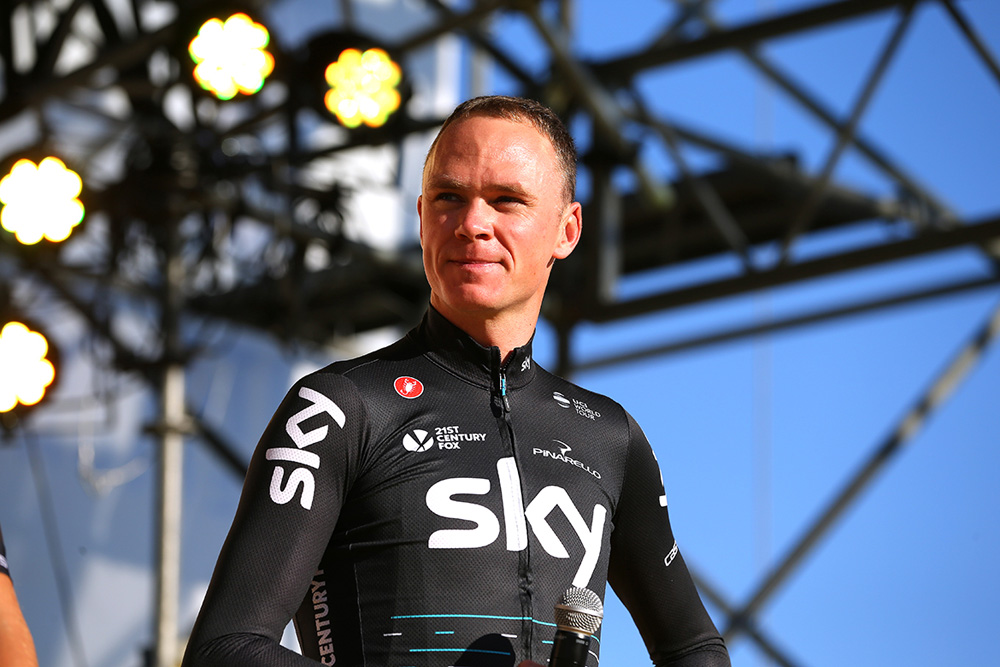
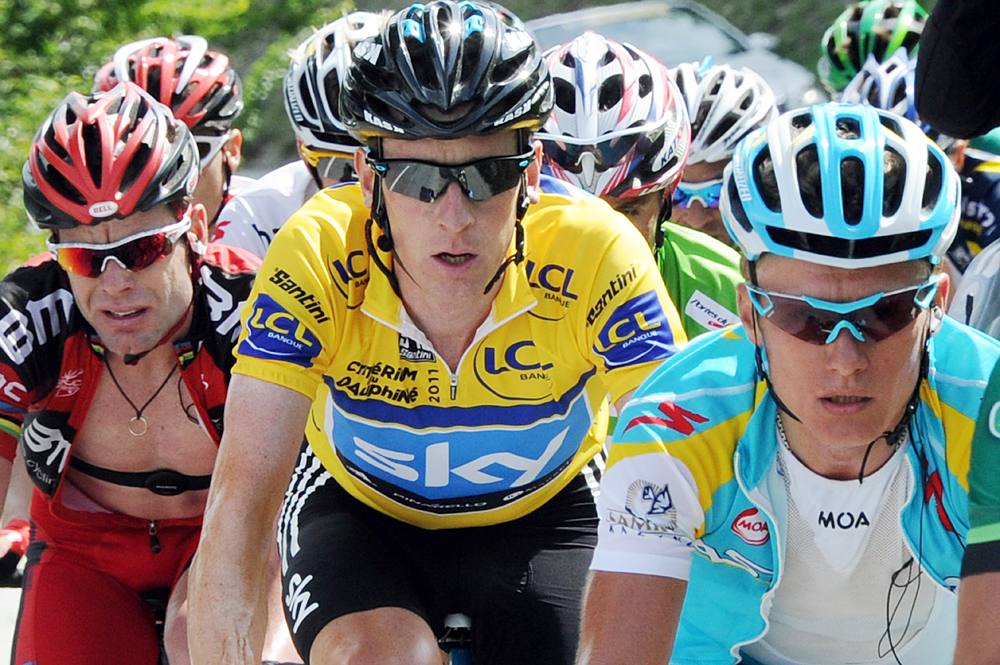
In an exclusive interview with Cyclingnews, former Team Sky doctor Fabio Bartalucci has spoken for the first time about his 18-month spell with the British team.
The experienced Tuscany-based cycling doctor confirms allegations made by a whistleblower that in 2011 Team Sky entered one of the ethical grey areas of the sport and implemented an intravenous recovery programme.
Another former Team Sky member has confirmed to Cyclingnews that riders used intravenous recovery products at other races during the spring of 2011.
The so-called 'recup' programme was also due to be made available to riders during the Giro d'Italia. However, the plan was not activated because the UCI fast-tracked a no-needle policy, introduced on May 4, just before the start of Giro d'Italia.
Team Sky refused to confirm or deny the use of intravenous recovery products in 2011, but said via a spokesperson: "We have always worked within the UCI and WADA rules and we actively supported and welcomed the introduction of the UCI's 'no needles' policy in 2011."
Bartalucci had held back from revealing what he knows about Team Sky but decided to talk to Cyclingnews after the UK Anti-Doping investigation into alleged wrongdoing at Team Sky ended and the Chris Froome salbutamol case exploded. Bartalucci was keen to respond to and expand on a series of accusations made by the whistleblower who provided written information to the British Parliamentary Digital, Culture, Media and Sport Committee and several British media.
Bartalucci worked for Team Sky between the end of 2010 and the summer of 2012. He told Cyclingnews that he thought he had found a team that shared his own love and philosophy for professional cycling when he was hired by team manager Dave Brailsford. Now he believes Team Sky has lost touch with reality, with Brailsford's arrogance is part of the team's troubles.
The latest race content, interviews, features, reviews and expert buying guides, direct to your inbox!
Bartalucci has often treated riders with asthma during Grand Tours but struggles to understand why Team Sky increased Chris Froome's use of a salbutamol inhaler instead of requesting a Therapeutic Use Exemption (TUE) from the UCI to use Triamcinolone.
"All the debate about Froome having a TUE in 2014, Wiggins' TUEs for Triamcinolone before Grand Tours and the Jiffy Bag scandal meant that Team Sky were under intense scrutiny, especially from the media. Perhaps that confounded their judgement and led them to make mistakes," Bartalucci suggests.
In a wide-reaching interview with Cyclingnews, Bartalucci also suggests that medical records on Team Sky's intranet system, personal doctor notes and recollection of those who attended the regular medical conference calls could all help explain what was in the famous Jiffy Bag that was couriered to Team Sky senior doctor Richard Freeman for Bradley Wiggins at the 2011 Criterium du Dauphine.
Despite working for Team Sky in 2011, during the time the Jiffy Bag was alleged to have been delivered, Bartalucci was not amongst the 37 witnesses interviewed by UK Anti-Doping (UKAD) as they investigated Team Sky, despite his having a full understanding of the use of Fluimucil and Triamcinolone.
Cyclingnews contacted Team Sky about the contents of the interview with Dr Bartalucci but the team preferred not to give a formal response.
Team Sky's intravenous 'recup' programme
Bartalucci is from southern Tuscany, where he still works as a general practitioner, a sports doctor and teaches physiology at the University of Siena. He is also the driving force behind a new Under 23 and Elite team in Tuscany. He is passionate about professional cycling but is also straight talking and somewhat controversial, traits that have made him enemies in the past, even within Team Sky.
He began working in professional cycling at the Gatorade team in the early nineties and spent subsequently different spells at Polti, TVM-Farm Frites, FDJ, Phonak, Bonjour, Bouygues Telekom and the Cervelo Test Team before moving to Team Sky. He was implicated, like many other team doctors and staff, in the 2001 Giro d'Italia police investigation that began with a blitz in Sanremo. His name remains linked to the case on several online doping databases and forums but he was formally cleared of any wrongdoing by Italian police.
Bartalucci joined Team Sky during the winter of 2010, at the same time as Dr Geert Leinders and other part-time team doctors. Until then Team Sky had hired doctors from outside the sport in an apparent attempt to avoid any ethical dilemmas. However, the team's philosophy changed after a difficult first season. Bartalucci was known to Team Sky because he coached and advised Britain's Nicole Cooke during the peak of her career, including in 2008, when she won the gold medal in the women's Olympic road race in Beijing.
Dr Freeman was Bartalucci's first point of contact at Team Sky, with Dr Steve Peters as Team Sky's Clinical Director. Bartalucci explains that his race programme meant he had little personal contact with the British doctors; most communication was done via the intranet, DropBox, phone calls and the regular medical conference calls.
The Parliamentary DCMS Committee whistleblower claimed Bartalucci was "paid 200k for 100 days" at Team Sky. He insists his financial records show that a figure of 200,000 Euro is grossly inaccurate.
The whistleblower also suggested senior riders at Team Sky had complained about a lack of intravenous recuperation and Bartalucci was hired because "had special expertise in IV recovery".
"I was seen as someone who was good at helping with IV recovery but I think I offered more than just that," Bartalucci says in response to the accusation.
"I thought I was hired for a series of reasons: Out of respect and interest for what I'd helped Nicole Cooke achieve without a single injection, and for what I could bring to the team in terms of my medical experience in professional cycling. I also thought there was respect and consideration for me as a doctor and as a person."
Intravenous recovery or 'recup' is a controversial topic in professional cycling. It has been used for decades and was widely seen as vital by many riders until recently. However, as a new generation of riders entered the sport, especially from outside the traditional European cycling nations, riders have pushed back against any kind of injection, including 'recup'.
The Garmin-Cervelo team introduced an internal no-needle policy in 2010 and the UCI pushed to introduce a similar ban across the sport during the first part of the 2011 season. The UCI approved the ban on May 4, in time for the start of the 2011 Giro d'Italia. It suddenly meant that UCI regulations prohibited injections of vitamins, sugars, enzymes, amino acids or antioxidants to aid recovery.
"At the start of the 2011 season, it was decided in the team that the riders would do 'recup' at the Giro d'Italia if they wanted to," Bartalucci says.
"It was a simple 'recup' programme, far less than other teams probably did. It included vitamins, antioxidants and iron when needed. Not all the riders wanted it but it was going to be available. Of course, when the no-needle ban was announced, the IV recovery plan was dropped."
Bartalucci prescribed and treated riders with IV recuperation for more than two decades before the needle ban came into force. He insists he is against doping and dismisses the argument that IV recuperation is ethically wrong, in the so-called grey area of fair play, and only one step away from illegal doping. He points out that a needle ban has not stopped cases of doping in the peloton and questions how, if ever, the UCI has enforced the needle ban.
"Recuperation is not doping, the substances aren't banned, they do as they are called, they help you recover," Bartalucci argues.
"I'm against using recuperation in training, I believe riders should only do recovery during Grand Tours, when it's needed to safeguard their health and to stop then being tempted to dope."
The loss of medical records
Bartalucci was surprised to read about the gaps in Team Sky's medical records discovered during the UKAD investigation and the lack of proof of what was in the infamous Wiggins Jiffy Bag. He witnessed Team Sky's attention to detail in person while working as one of the team's doctors and is still struggling to understand how the team somehow 'lost' vital medical records concerning its team leader.
"It's strange they can't explain the loss of medical records. We all kept medical records for the riders under our care and these were often exchanged as doctors took over for different races," Bartalucci tells Cyclingnews.
Like Dr Freeman, Bartalucci sometimes struggled with the level of medical bureaucracy in place at Team Sky in 2011 but is convinced that a matrix of medical records would have been created on Team Sky's own servers that can explain what happened at the Criterium du Dauphine and a few weeks later when Wiggins obtained a Therapeutic Use Exemption (TUE) from the UCI and was injected with the corticosteroid Triamcinolone before the 2011 Tour de France.
Wiggins has always insisted he did nothing wrong and that he had the injection to avoid a flare-up of his pollen allergies.
"We had an intranet for the medical records as well as the DropBox system that Dr Freeman claimed he had problems with," Bartalucci explains to Cyclingnews.
"The medical protocol was such that when you treated a rider, you had to record it just as doctors do with normal patients. It was stressful because you had to fill in a form with what you gave the rider, the dosage, etc. We then had to send it in via the intranet at a specific time."
"I'm pretty sure that Freeman filled in the electronic forms too because he complained about the pressure and workload. He was right. There was a lot of pressure at Team Sky, we were rarely thanked for what we did but we were often questioned and pressured."
Bartalucci claims that long-standing Team Sky senior manager Fran Millar, and later a junior medical staff member, often sat in the medical team conference calls and so were party to what was discussed.
"The conference calls were held even when we were in a different part of the world at a race but they were often a waste of time," he says.
"I think the medical assistant took notes or minutes during the meeting. Either the medical assistant or Fran Millar always sat in on the meeting and so they heard what was discussed.
"To be honest their presence annoyed me because of the importance of medical secrecy. I don't think information concerning the health of the riders should really be discussed outside of the group of team doctors. Every team, the management and directeur sportif should trust their medical team to simply tell them if a rider is fit to race or not. Rider health should not be open to possible debate."
What could be in the Wiggins Jiffy Bag?
Bartalucci admits he was surprised by the huge amount of British media coverage and the speculation over the contents of the Jiffy Bag that was couriered out to the 2011 Criterium du Dauphine for Wiggins on the request of Dr Freeman.
"It's difficult for me to say because I was not involved but I can't believe that the package contained anything important," Bartalucci suggests.
"I wouldn't be surprised if Freeman asked for a courier to bring Fluimucil to a race instead of just buying it locally. He was simply respecting the internal rules; we were obliged to use the registered stock of medical products that came from Manchester or from the Service Course in Belgium.
"I've read lots of opinions and theories on what could have been done, including Wiggins being injected with Fluimucil, but it just wouldn't make sense to inject Fluimucil at the end of a race for recovery. It doesn't change anything. Fluimucil needs to be done every day as a detox, otherwise, it's pretty useless."
Read more...
- Chris Froome returns adverse analytical finding for salbutamol
- Vuelta a Espana organisers call for 'extreme caution' after Froome salbutamol result
- Giro d'Italia organisers not warned about Froome's salbutamol case
- Brailsford: I'm going nowhere
- Strong and stable? Dave Brailsford's year of saying nothing
And if it was Triamcinolone?
"I wouldn't want to speculate about that," Bartalucci makes clear. "We never spoke about triamcinolone during the medical meetings and I didn't know anything about Wiggins' situation."
"You need a TUE to use Triamcinolone, which Wiggins went on to obtain a few weeks later before riding the Tour de France. There needs to be a medical need to administer it and that doesn't seem to be the case at the end of the Dauphine, that's why I don't think it was Triamcinolone.
"Of course, there has been a huge debate about what was in the Jiffy Bag, with lots of different theories flying around for what could just have been Fluimucil. That is what makes the whole case more worrying and paradoxical. Why didn't Team Sky do everything they could to find a way to confirm that it was Fluimucil? I don't think any other major team would have let things play out like that."
Froome's salbutamol case
Bartalucci's medical and cycling experience gives him a well-informed view of Froome's salbutamol case that has compounded Team Sky's problems in recent weeks.
Froome and Team Sky's initial defence struck Bartalucci as being medically illogical.
"Team Sky seem to have lost touch with reality in recent months. Brailsford thinks he can control everything but that's now one of his biggest weaknesses because events have engulfed him. Sadly what has happened, especially with the Froome case, hurts the whole sport of professional cycling as much as it does Brailsford and Team Sky," Bartalucci says.
"The international medical guidelines for treating asthma suggest the use of short-acting ß2 agonists such as salbutamol via an inhaler. I'd imagine that Froome also needs to use a corticoid spray on a daily basis. However, it's surprising that an athlete like Froome, who is so meticulous about everything he does, can end up with such a high level of salbutamol in his urine sample.
"It's equally as surprising that the team doctor suggested increasing his dose of salbutamol as Froome has claimed. If he was suffering more and more with asthma during the Vuelta it would have made a lot more sense to perhaps use Triamcinolone via a TUE request so that he could have had proper treatment.
"Of course, all the debate and reports about Froome having a TUE in 2014, the Wiggins Jiffy Bag and all the media attention afterwards, meant that Team Sky were under intense scrutiny. Perhaps that led them to make mistakes."
Brailsford's mistakes
Bartalucci's time at Team Sky ended over five years ago but he still feels let down after Brailsford was initially so enthusiastic about hiring him and agreed to give him a three-year contract. His disappointment is still palpable.
"When I talked to Dave Brailsford over dinner after the Tour de France route presentation in 2010, I thought I'd finally found a good team manager and someone I could trust," Bartalucci says.
"I feel Dave's done something special in the way he created Team Sky. However, the issues of the last year have also highlighted Dave's lack of sensitivity and the mistakes he has made. Taking your own mattresses to each hotel might offer a tiny marginal gain but you've got to get the basics right first of all.
"Dave came into the sport banging his chest, with his arrogance clear to see even now. It's always a mistake to publicly say 'We're different to everyone else, we don't do what they do.' When you then make a mistake, all your rivals come after you and nobody gives you a hand. That's what's happened to Dave Brailsford and Team Sky now.
"Team Sky have dominated the Tour de France but professional cycling is so complex that you need to stay humble and respect even your most hated rival. Sadly humility is not a quality that I recognise in Dave and in the people he's surrounded himself with at Team Sky.
"Like many people, it hurts me to say this and to see what has happened to Team Sky in the last 18 months, but they've brought it onto themselves.”

Stephen is one of the most experienced members of the Cyclingnews team, having reported on professional cycling since 1994. Before becoming Editor-at-large, he was Head of News at Cyclingnews. He has previously worked for Shift Active Media, Reuters and Cycling Weekly. He is a member of the Board of the Association Internationale des Journalistes du Cyclisme (AIJC).
